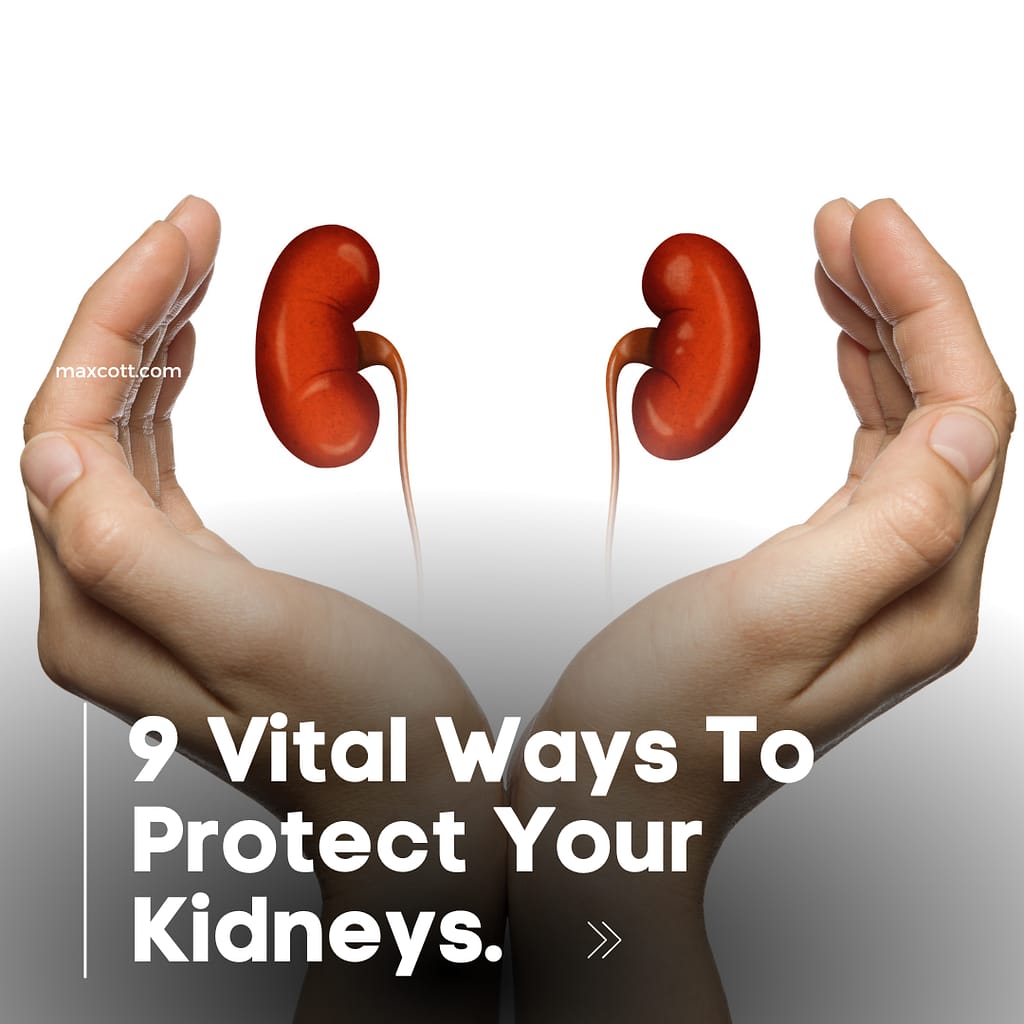Pimples, acne, zits. these small spots can bring big emotions. For years, acne has been surrounded by myths and stories. In places like Nigeria, some believe that pimples in men are caused by not having sex, while women are told it means their period is coming. But let’s break down these myths and talk about the real experience of having acne. the struggles, the wrong ideas, and the journey to feeling good about yourself.
In this article, we’ll clear up the myths and explain the real causes of acne. We’ll also talk about how acne can affect your feelings and give you tips to help you feel more confident with your skin.
Myth #1: Acne Is Caused by Lack of Sex.

The idea that not having sex causes acne is a common myth that can make people feel confused and frustrated. But the truth is, pimples don’t care about your relationship status. Acne is mostly caused by changes in hormones, extra oil on the skin, and certain bacteria. While sexual activity can briefly change hormone levels, it’s not the main reason for pimples. Instead, acne is mainly linked to hormones like testosterone, which affect the oil glands in your skin.
Myth #2: Pimple Is a Sign of Impending Menstruation.

The Real Causes
1. Hormonal Changes: Especially androgens like testosterone, can cause your skin to produce more oil, leading to clogged pores. These changes can happen for many reasons, like going through puberty, having your period, being pregnant, or dealing with stress.”.
2. Excess Oil Production: Overactive oil glands can produce more oil than necessary. This extra oil mixes with dead skin cells, which can clog your pores and lead to breakouts.
3. Bacteria: The bacteria called Propionibacterium acnes (P. acnes) can make acne worse by causing inflammation and infection in clogged pores. This not only leads to physical discomfort but can also impact emotional well being.
The Emotional Journey of Acne

Beyond the myths, let’s explore the emotional journey of those who have faced acne:
Self-Esteem Struggles: Acne can take a heavy emotional toll, often causing feelings of self consciousness and lowering self esteem. Its visibility can make one feel exposed and subject to judgment.
Social Anxiety: Acne can trigger social anxiety, causing individuals to withdraw from social activities or avoid situations where their skin might be noticed.
Depression and Stress: The emotional weight of acne can lead to depression and heightened stress levels. The frustration of trying to clear one’s skin can be overwhelming.
Impact on Relationships: Acne can impact relationships, both personal and professional. The emotional toll of acne can affect how individuals interact with others.
Tips for Acne Free Skin and Emotional Healing:

With the emotional journey of acne in mind, here are practical tips to help you achieve clear and confident skin:
1. Regular Skincare: Establish a consistent skincare routine with gentle cleansing, exfoliation, and non comedogenic products (Always check for NAFDAC registration number). Your skin deserves care and attention.
2. Balanced Diet: Fuel your body with a balanced diet rich in fruits, vegetables, and whole grains. A nourished body supports healthy skin.
3. Hydration: Stay hydrated by drinking plenty of water. Proper hydration helps keep your skin healthy and can lift your spirits.
4. Stress Management: Practice stress reduction techniques like working out or meditation. High stress levels can trigger acne and take an emotional toll.
5. Consult a Dermatologist: If your acne is severe or persistent, seek advice from a dermatologist who can recommend personalized treatment options, both for your skin and emotional well being.

In summary, dealing with acne is a journey that affects both your skin and emotions. It's important to ignore myths and understand what really influences your skin health. Certain foods, such as spicy dishes, high glycemic items, dairy, and fried foods, may impact people differently. Embrace your unique path to clear skin by maintaining a balanced diet and adopting good skincare habits, helping you achieve a happier and healthier you.



